As one of the fastest-growing fields of work in the world, data science is also one of the highest and most in demand fields. It has a large impact on various domains such as healthcare, finance, marketing, and more.
However, some aspiring data scientists are reluctant to follow this career path because of a common misconception:
“You must be a math expert to succeed in data science.”
This perception prevents people without a formal background in math (e.g. business, social sciences, humanities, etc.) from pursuing a career in data science.
While data science is rooted in some mathematical concepts, the extent to which you need to master them depends on your role and career goals.
Executive Summary:
- The Role of Mathematics in Data Science – Key mathematical concepts like linear algebra, statistics, and calculus support data science, but modern tools handle most complex computations.
- Can You Learn Data Science Without a Strong Math Background? – Yes, user-friendly tools and automated platforms make data science accessible without deep mathematical expertise.
- Alternative Pathways to Learning Data Science – Focusing on data analysis, visualization, Python, and SQL allows beginners to enter data science without extensive math knowledge.
- When and Where Math Becomes Essential – Advanced math is required for deep learning, AI research, and algorithm development, but not for most entry-level and applied roles.
The Role of Mathematics in Data Science
Mathematics is an essential component of data science, particularly in areas such as machine learning, statistical analysis, and data modeling. Some of the key mathematical concepts used in data science include:
Linear Algebra
Linear algebra plays an important role in machine learning, particularly deep learning and neural networks. Algorithms behind AI applications rely on more advanced concepts such as matrices, vectors, and eigenvalues.
Even if you are dealing with linear algebra, modern tools and frameworks will handle these calculations in the backend. As a result, beginners don’t have to start out deep in linear algebra.
Statistics & Probability
Statistics and probability are the basis of data analysis. Mean, median, standard deviation, correlation, and regression are among the concepts employed for data interpretation and prediction model construction.
Understanding the basics of statistics is essential for making sense of data and finding useful insights, but you don’t have to be a quadruple expert in advanced statistical theory to make a decision.
Calculus
Calculus, especially derivatives and optimization methods are used in training machine learning models. Gradient descent is a fundamental concept in deep learning and it also uses calculus to refine our model parameters.
However, the majority of data science practitioners do not write computations like these from scratch, since there are libraries like TensorFlow and PyTorch. They define operations and automatically manage even the gradients of these operations.
Similar to how math forms a core aspect of data science, many aspects of the field can be learned and applied without an in-depth understanding of complex mathematical theories.
Can You Learn Data Science Without a Strong Math Background?
The short answer is yes!
In recent years, the field of data science has become more accessible due to user-friendly tools and automated machine learning (AutoML) platforms.
These tools abstract much of the underlying mathematical complexity, allowing individuals to build and deploy machine learning models without manually performing complex calculations.
Rise of User-Friendly Tools
Some of the most widely used tools that simplify data science include:
- Scikit-learn – A Python library that provides pre-built machine learning models and algorithms.
- TensorFlow & PyTorch – Deep learning frameworks that handle the mathematical computations behind neural networks.
- Power BI & Tableau – Tools for data visualization and business intelligence, allowing users to analyze data without coding.
Practical Application Over Theory
Many real-world data science jobs are less concerned with math theory and more focused on data manipulation and visualization for problem-solving.
For instance, a data analyst will spend most of the time using tools like Excel, SQL, and visualization software to produce insights out of data.
Likewise, a business intelligence professional will focus on reporting and dashboards rather than math modeling.
While roles like an AI research scientist require an understanding of the maths theory, most data science roles (especially those targeted towards entry-level and mid-level) are much more focused on practical implementation.
Alternative Pathways to Learning Data Science
If you don’t have a strong math background, here’s how you can still enter the field of data science:
Start with Data Analysis & Visualization
Instead of diving straight into complex mathematics, begin by learning data analysis techniques and visualization tools. Some recommended starting points include:
- Pandas & NumPy – Used for data manipulation and preprocessing.
- Matplotlib & Seaborn – Libraries for creating graphs and visualizing data trends.
- Power BI & Tableau – Popular business intelligence tools for creating dashboards and reports.
By mastering data visualization, you can gain insights from data without needing to understand complex mathematical formulas.
Learn Python & SQL First
Rather than starting with mathematical concepts, focus on learning Python programming and SQL, which are essential skills for any data science professional.
- Python is the most widely used programming language in data science, and libraries like Pandas, Scikit-learn, and TensorFlow make it easier to apply machine learning techniques.
- SQL is used to retrieve, manipulate, and analyze data from databases, a crucial skill for data analysts and data scientists.
By focusing on programming first, you can build a strong foundation in data science before gradually introducing mathematical concepts.
Use Beginner-Friendly Courses & Bootcamps
Many online platforms offer structured learning paths tailored for individuals without a math background. Some recommended options include:
- Techmindz – Offers practical, hands-on training in data science with mentorship from industry experts.
- Coursera & Udacity – Provide beginner-friendly data science courses.
- Kaggle – A platform for practicing data science through real-world projects.
By following a structured learning path, you can acquire data science skills step by step, without being overwhelmed by mathematics.
When and Where Math Becomes Essential
While you can start data science without advanced math knowledge, certain areas require a deeper understanding of mathematical concepts. These include:
Deep Learning & AI Research
Developing deep learning models and AI systems requires an understanding of linear algebra, calculus, and optimization techniques. Research scientists in AI typically have backgrounds in mathematics, engineering, or physics.
Algorithm Development & Optimization
If you want to design new machine learning algorithms or improve existing ones, you’ll need to understand probability theory, statistics, and mathematical optimization.
Data Science Research Roles
Academic and research-based data science positions require a strong foundation in mathematics, as they involve developing theoretical models and publishing research papers.
However, if your goal is to become a data analyst, business intelligence specialist, or applied data scientist, you can build your math skills gradually while focusing on practical applications.
Start Your Data Science Journey with Techmindz
Mathematics does help, but practical skills, like data manipulation, programming, and general problem-solving ability, are more important for many data science positions anyway.
Techmindz offers structured learning paths for beginners who want to start on data science journey without a math background. From hands-on projects to expert mentorship and real-world applications, you can build a solid base of data science all without any advanced math!

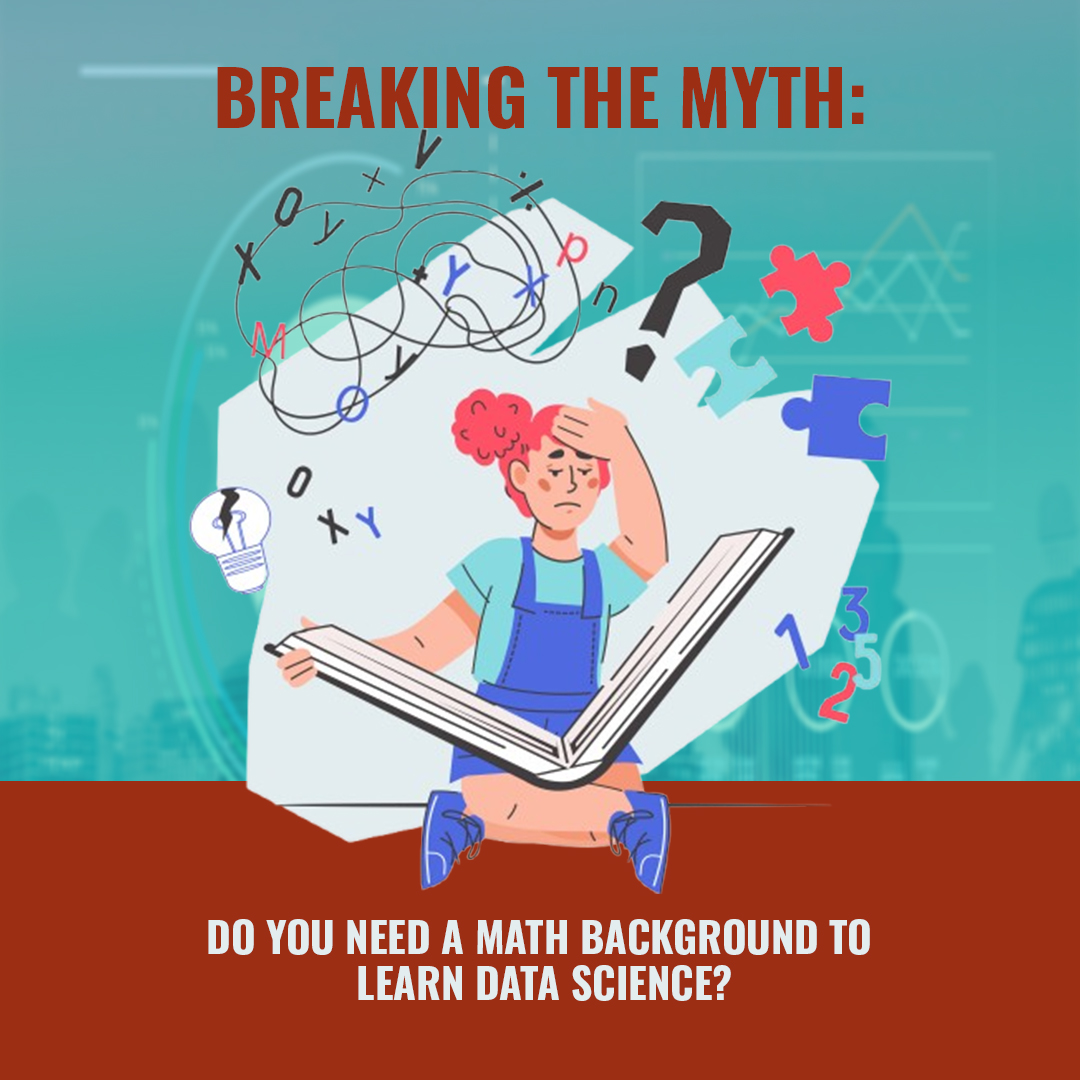

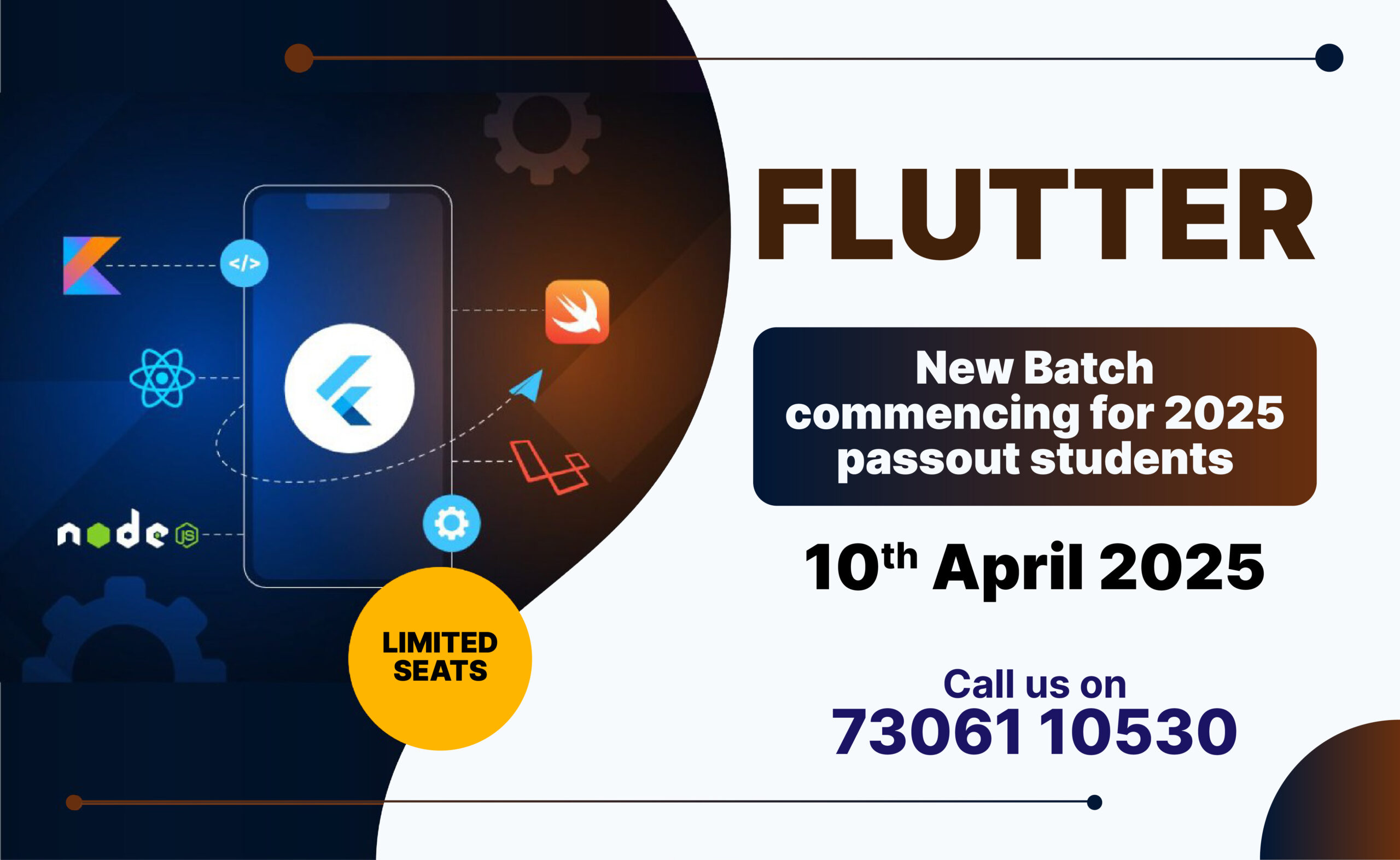
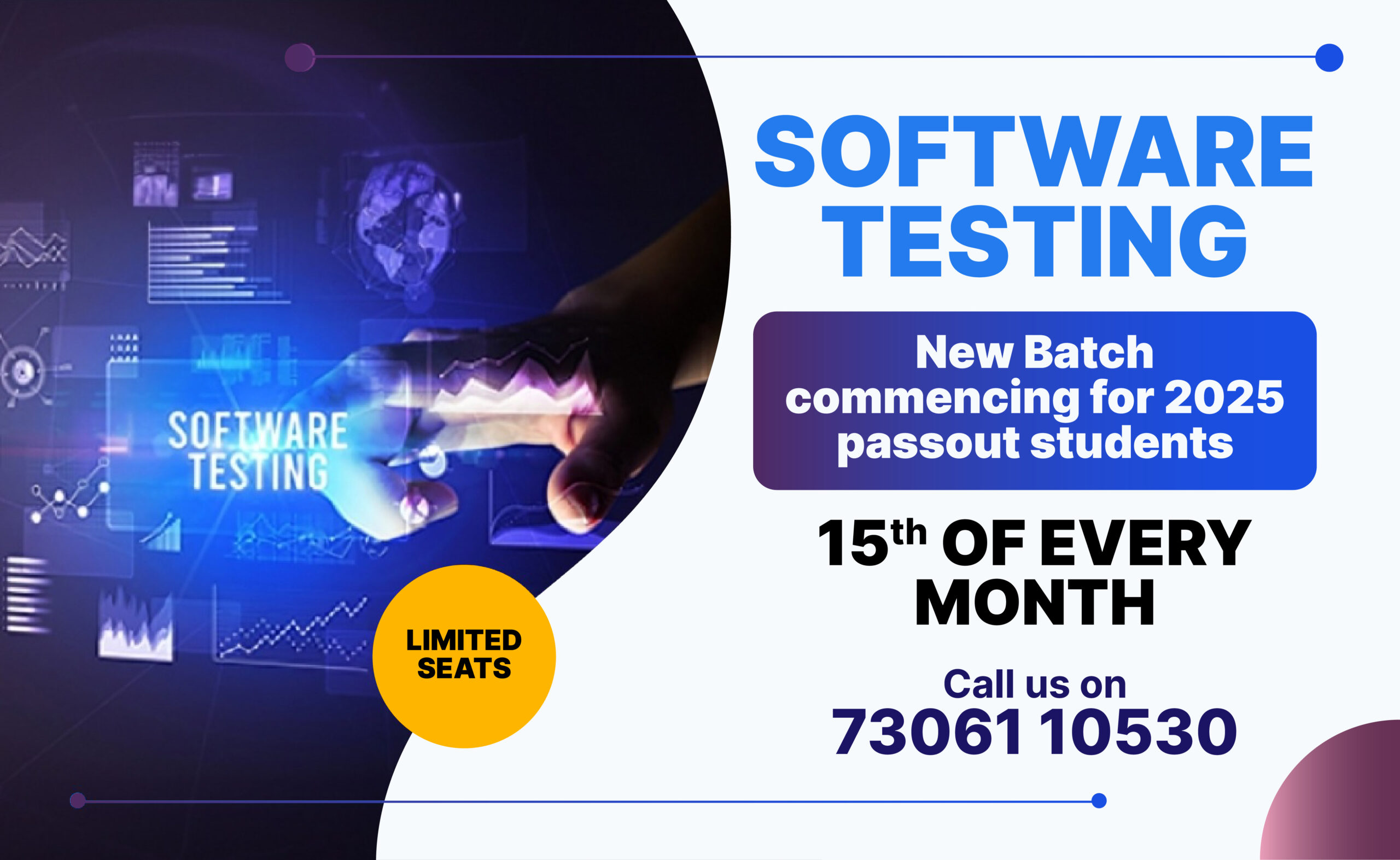
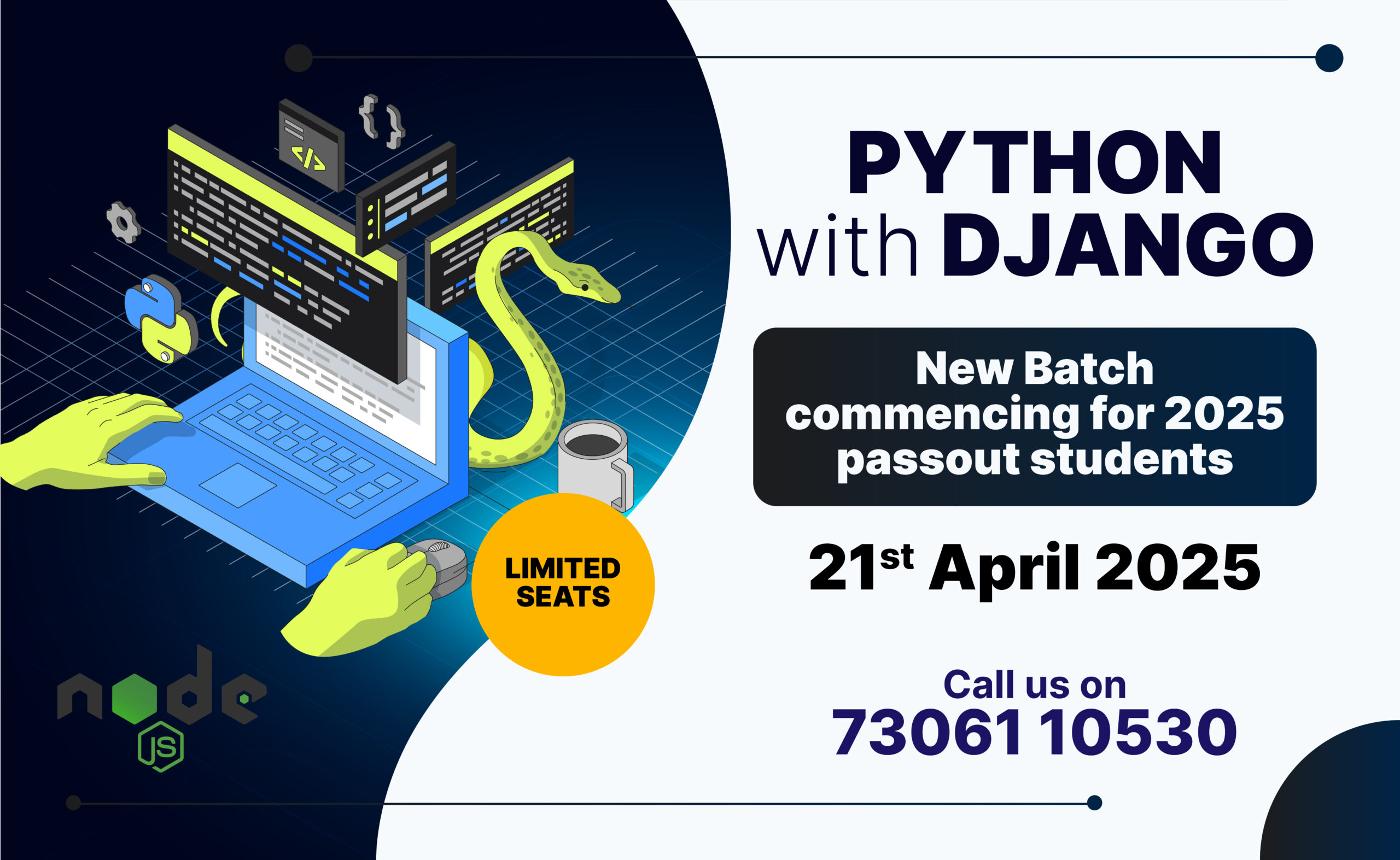
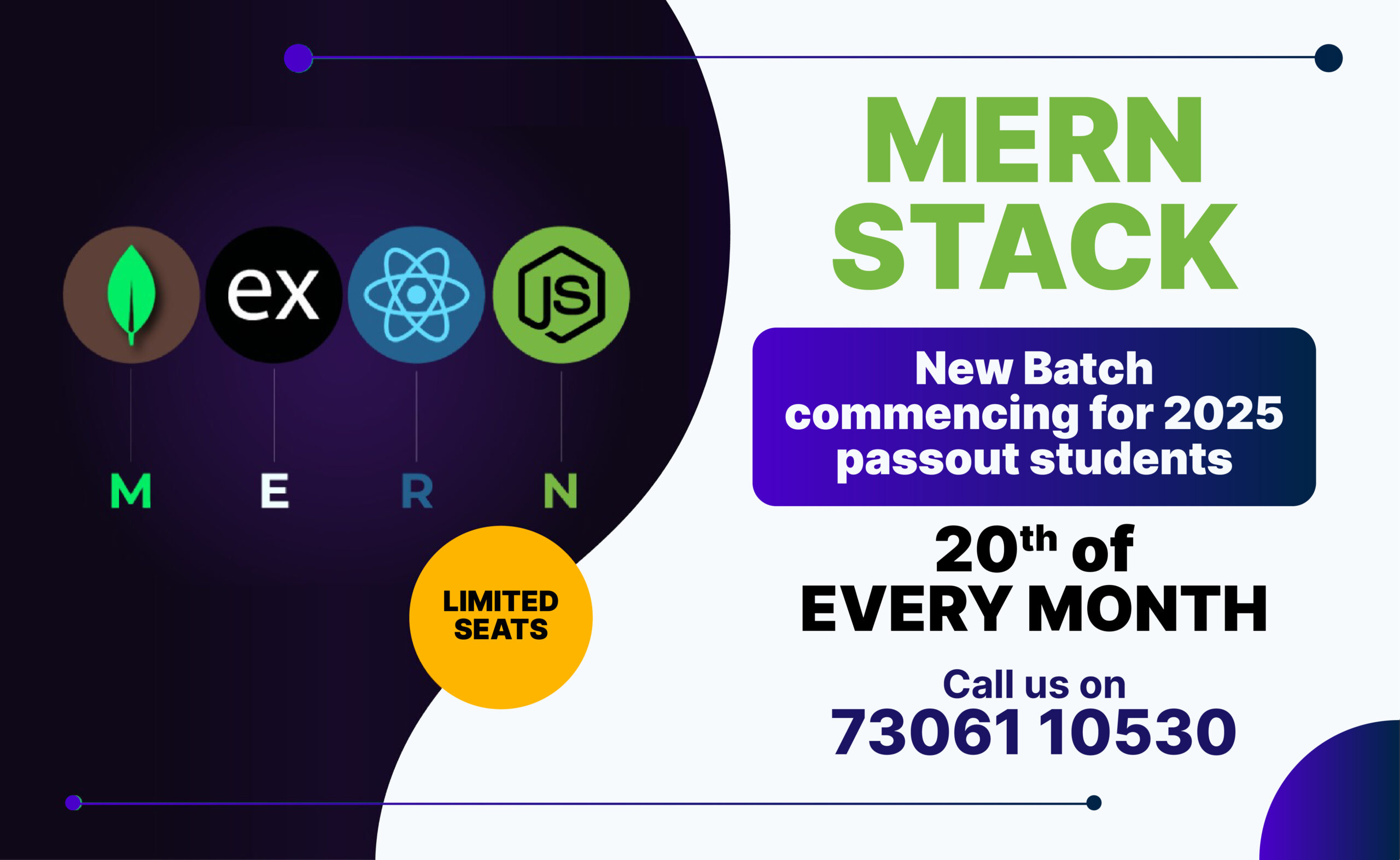

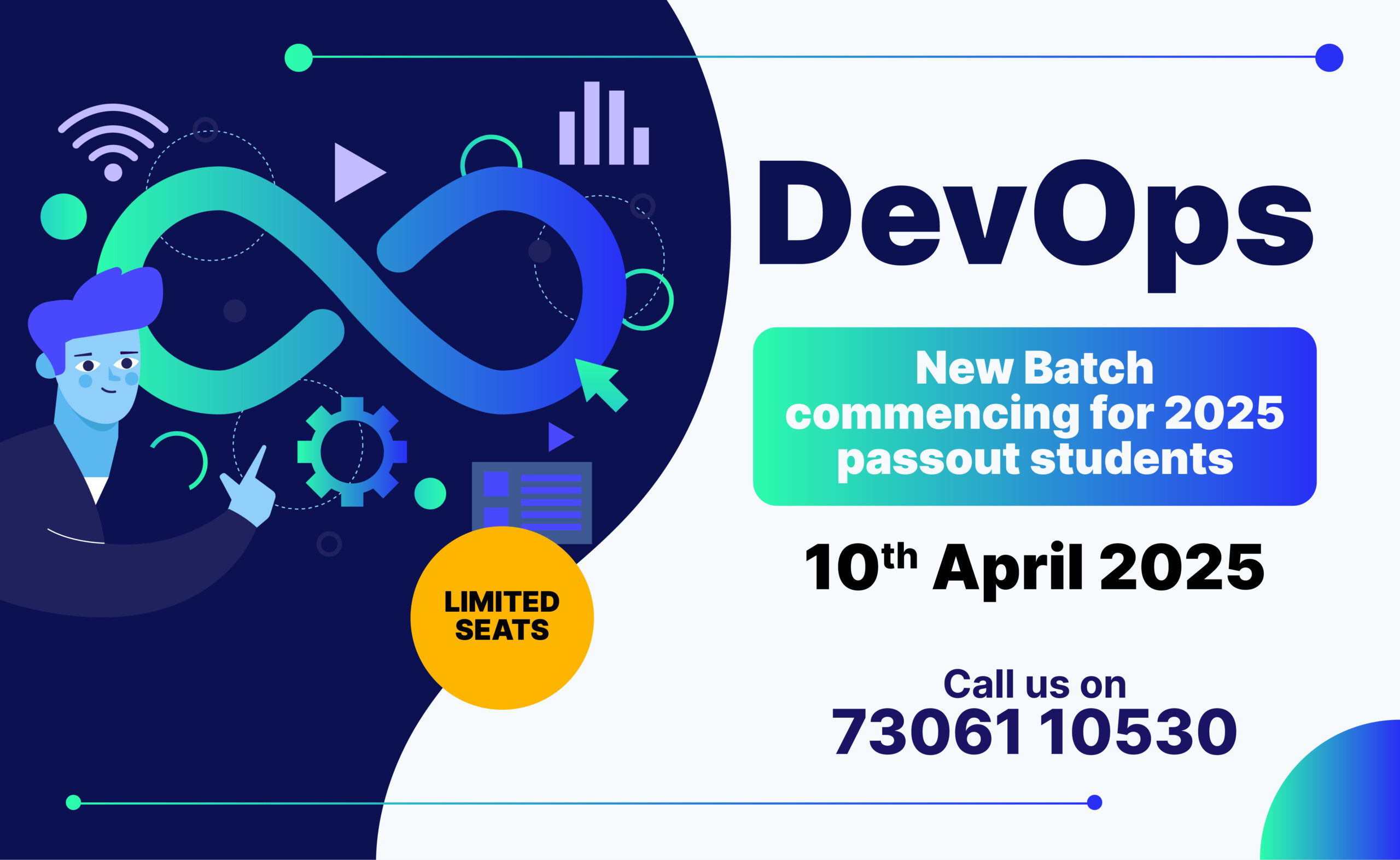
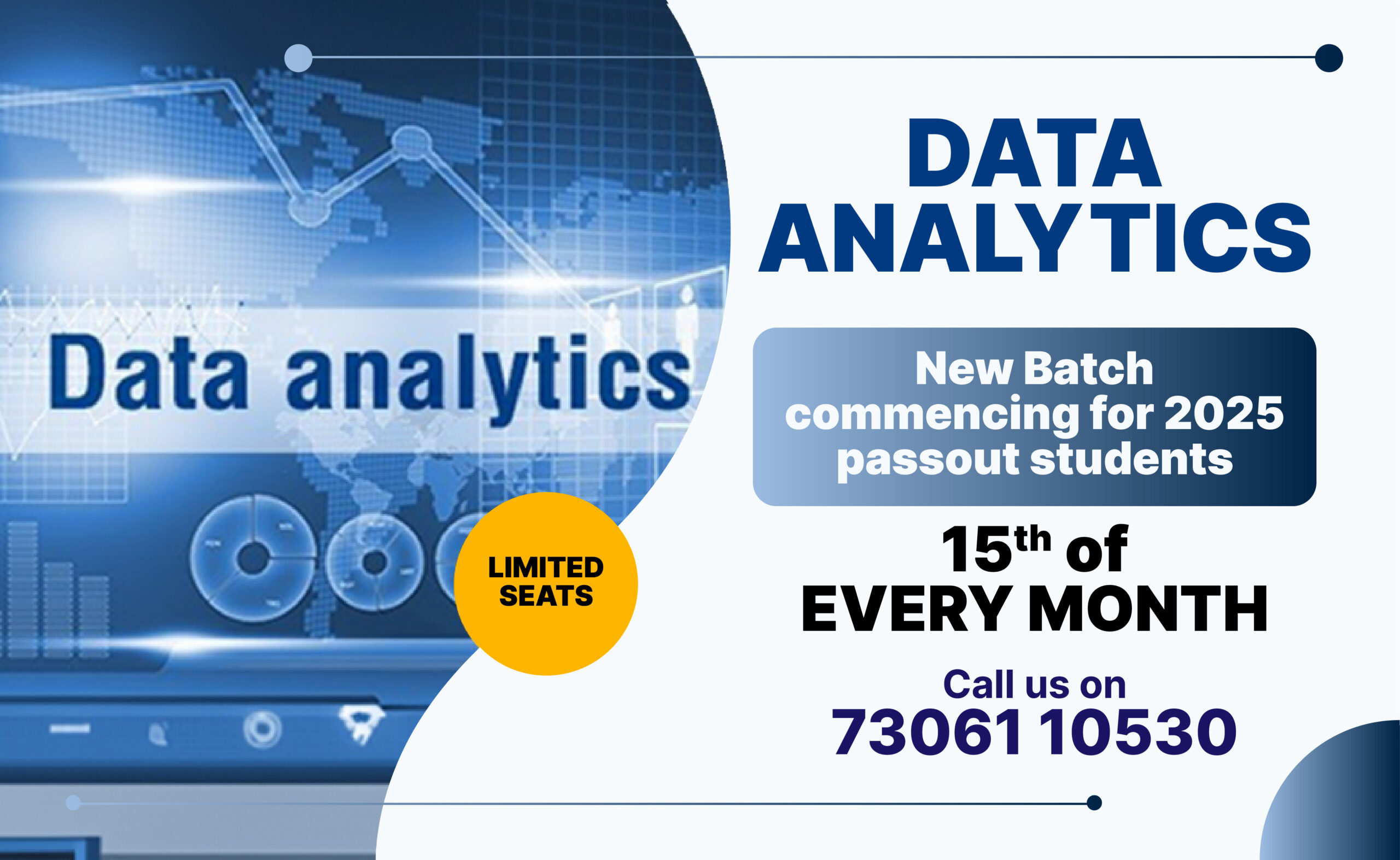
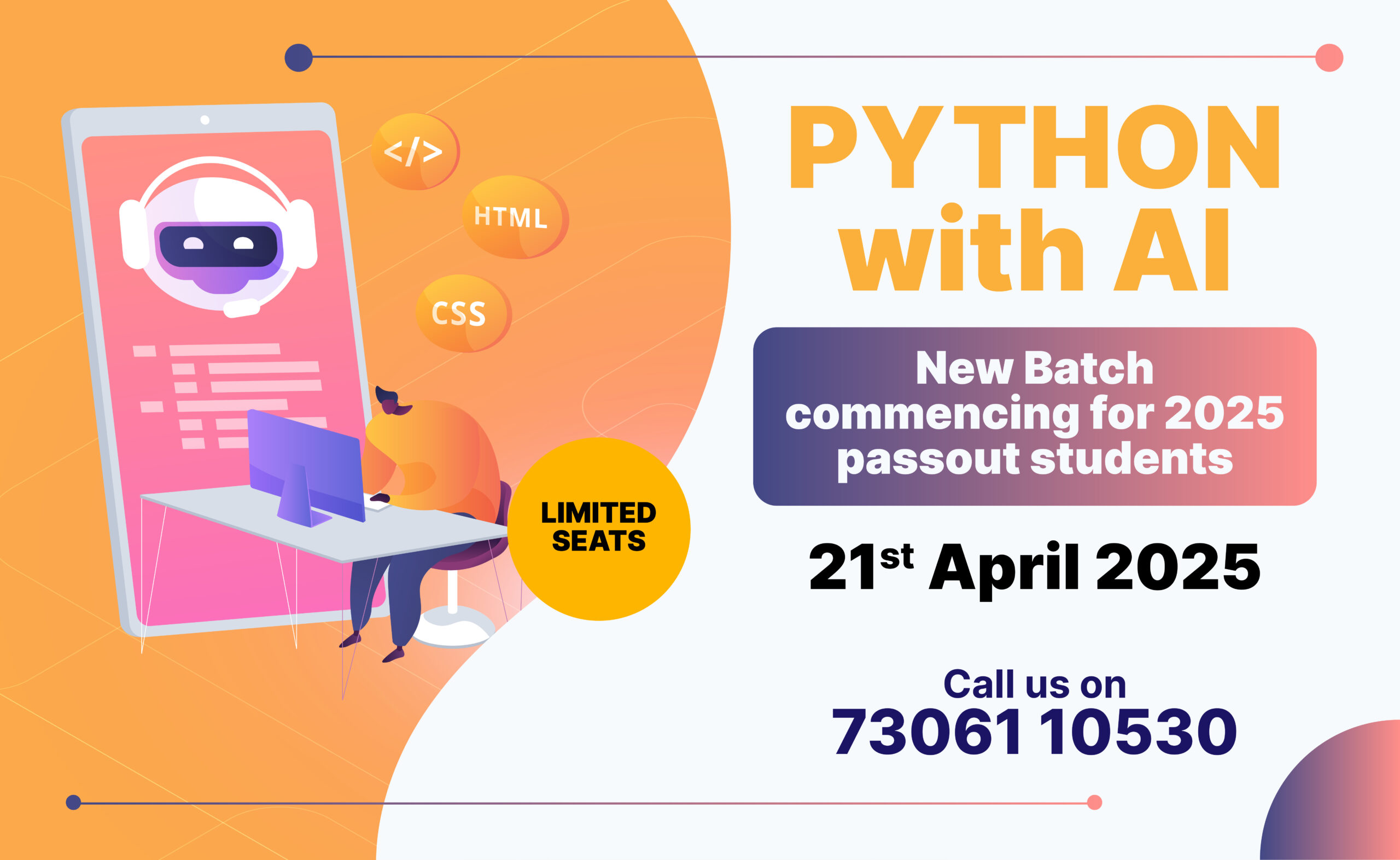
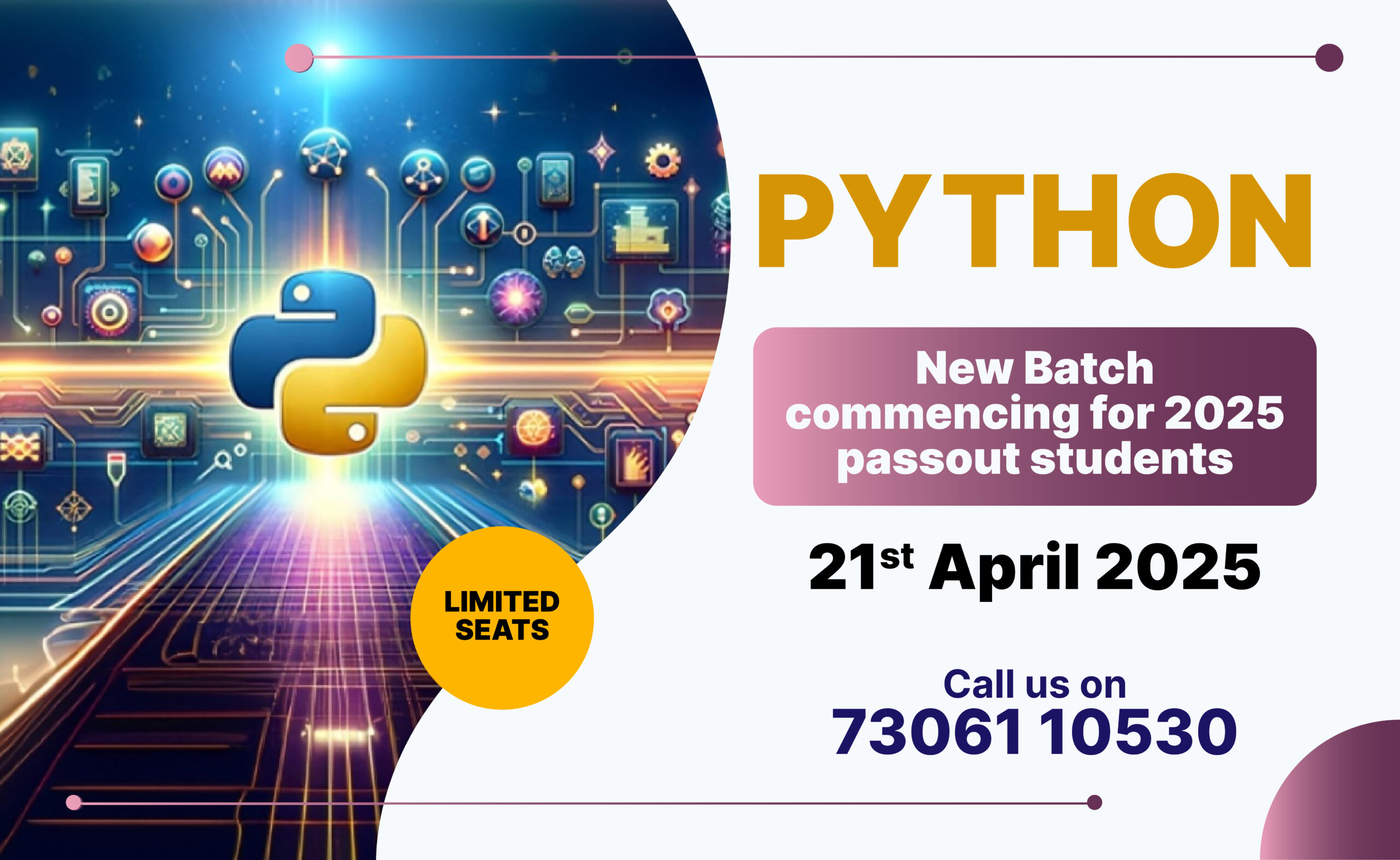
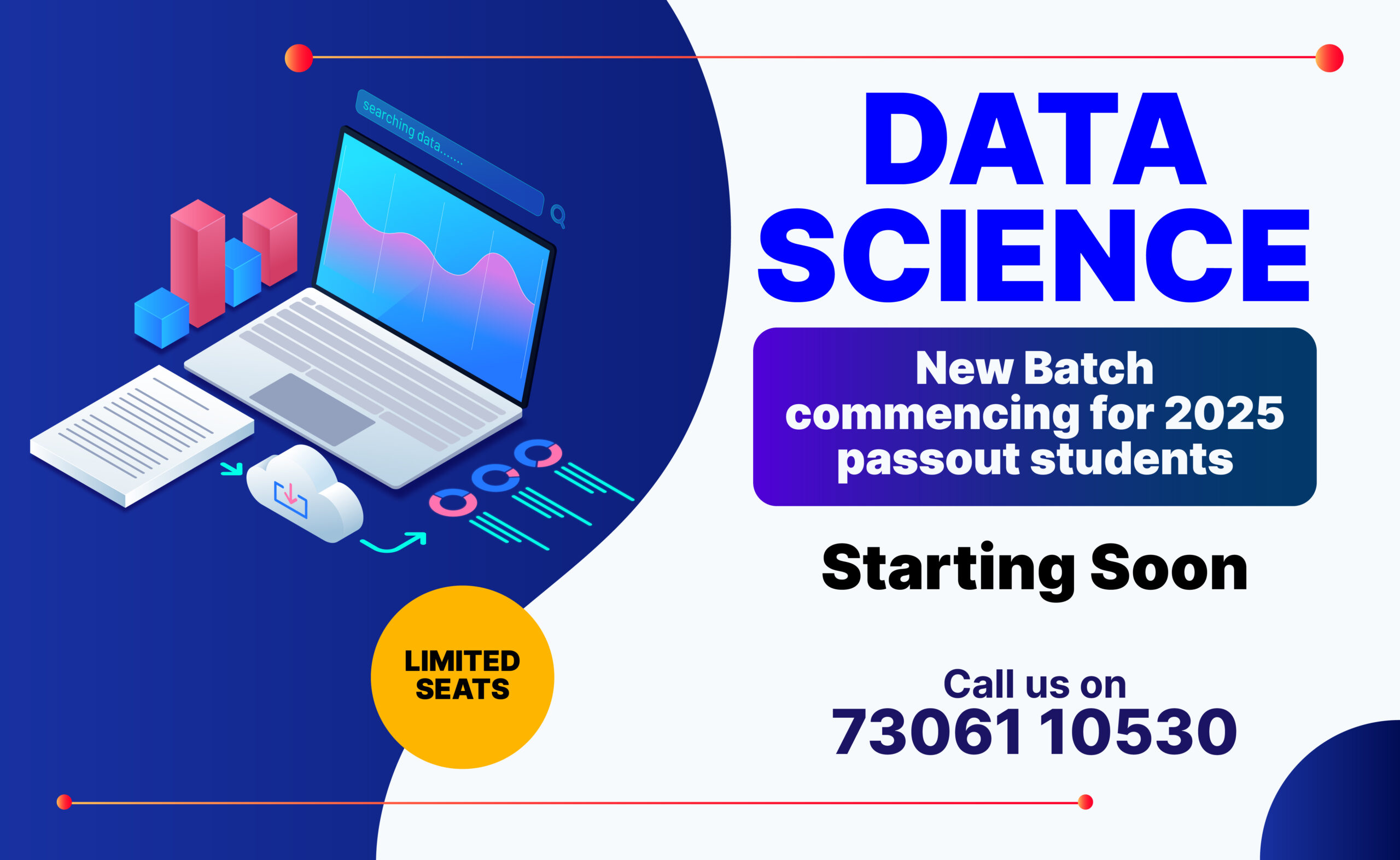

0 Comments